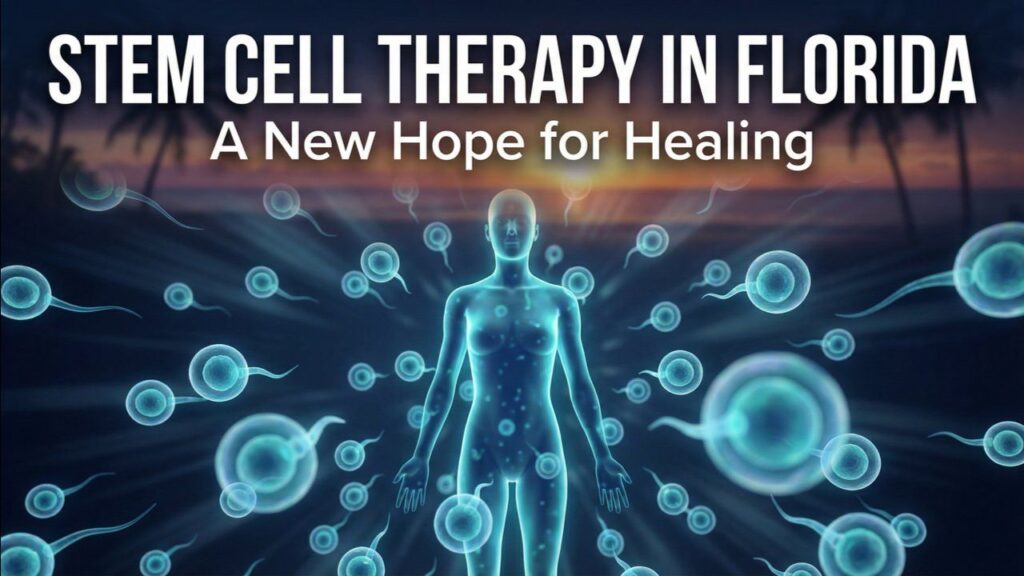A new partnership between Pluristyx and BioLamina promises to accelerate the development of stem cell-based therapies.
This collaboration will simplify and de-risk the path to clinical translation for these innovative treatments.
In a significant move for the regenerative medicine field, Seattle-based Pluristyx Inc. and Swedish company BioLamina AB have announced a strategic co-development and co-marketing partnership.
The collaboration, announced on September 4, 2025, brings together two industry leaders to create a powerful, streamlined workflow for researchers and developers working with induced pluripotent stem cells (iPSCs).
A Synergistic Partnership for Advanced Therapies
The partnership leverages the unique strengths of both companies. Pluristyx offers a comprehensive iPSC platform, including proprietary technologies for cell derivation, immune cloaking, and genetic engineering.
BioLamina is a global leader in high-quality, laminin-based cell culture matrices, providing the essential environment for growing and differentiating stem cells.
By combining their expertise, Pluristyx and BioLamina aim to provide a complete and robust platform for iPSC research and development.
This will help to ensure the consistency, scalability, and safety of iPSC-derived therapeutic products, which is crucial for meeting stringent regulatory requirements.
Dr. Benjamin Fryer, CEO of Pluristyx, stated, “Partnering with BioLamina is a critical step toward our goal of empowering the development of next-generation cell therapies.
Combining our expertise in iPSC manufacturing and engineering with BioLamina’s best-in-class cell culture matrices provides a complete and robust platform, reducing timelines and improving the probability of clinical success.”
Addressing Key Challenges in Regenerative Medicine
The development of stem cell therapies is a complex process with many challenges. This partnership directly addresses some of the most significant hurdles, such as manufacturing inconsistencies and the difficulty of scaling up production for clinical use.
By creating optimized and fully defined culture systems, the collaboration will enable therapy developers to move their programs forward with greater confidence and speed.
This will ultimately bring the field of regenerative medicine closer to delivering safe and effective therapies to patients.
Dr. Therése Kallur, CSBDO of BioLamina, commented, “By combining our full-length laminin matrices with Pluristyx’s advanced iPSC technologies, we are enabling a seamless and defined workflow that meets the rigorous demands of clinical translation.
This partnership allows us to support developers with solutions that not only improve consistency and scalability, but also bring the field of regenerative medicine closer to delivering safe and effective therapies to patients.”
About the Companies
Pluristyx, Inc. is a Seattle-based company dedicated to enabling the development of next-generation cell-based tools and therapies.
Their offerings include the PluriKit™, PluriForm™ Organoids, and PluriBank™ polyclonal stem cells, which incorporate safety and tolerance features like FailSafe®, iACT™, and hypoimmune engineering.
Pluristyx’s iPSC lines are backed by an FDA registered drug master file and are available “off-the-shelf” to accelerate the creation of novel diagnostics, screening and safety testing, and curative treatments.
BioLamina, based in Sundbyberg, Sweden, is a biotechnology company with a strong foundation in matrix biology and cell culture research.
They provide researchers with biologically relevant and clinically robust culture environments. Their Biolaminin® substrates have been instrumental in advancing stem cell research and are used in numerous scientific publications.
BioLamina is committed to supporting the stem cell community from scientific concepts to clinical studies.
Looking Ahead
The strategic partnership between Pluristyx and BioLamina marks a significant step forward for the field of regenerative medicine.
By providing a comprehensive and validated solution for iPSC-based therapy development, this collaboration has the potential to accelerate the delivery of new and innovative treatments to patients in need.



